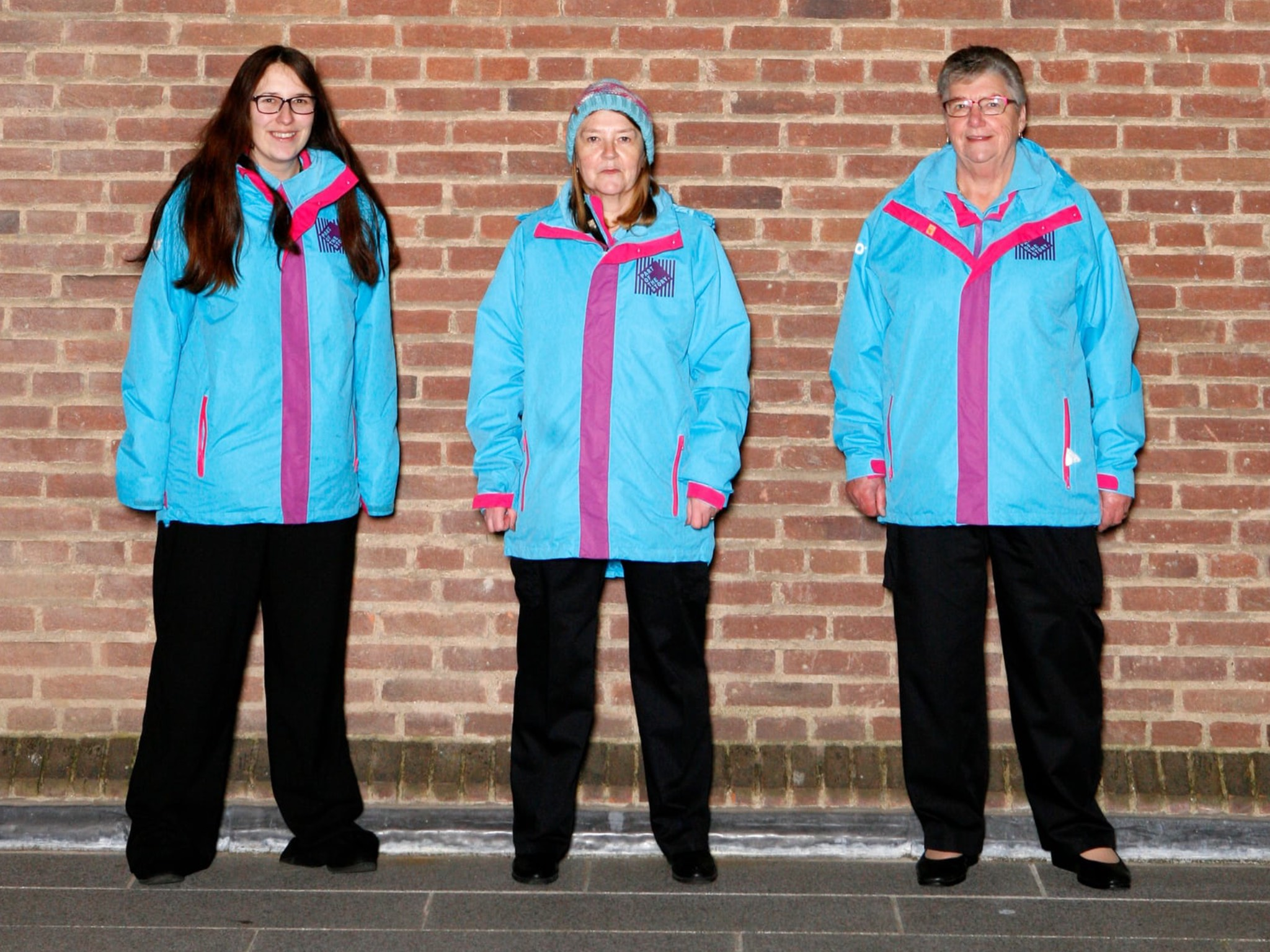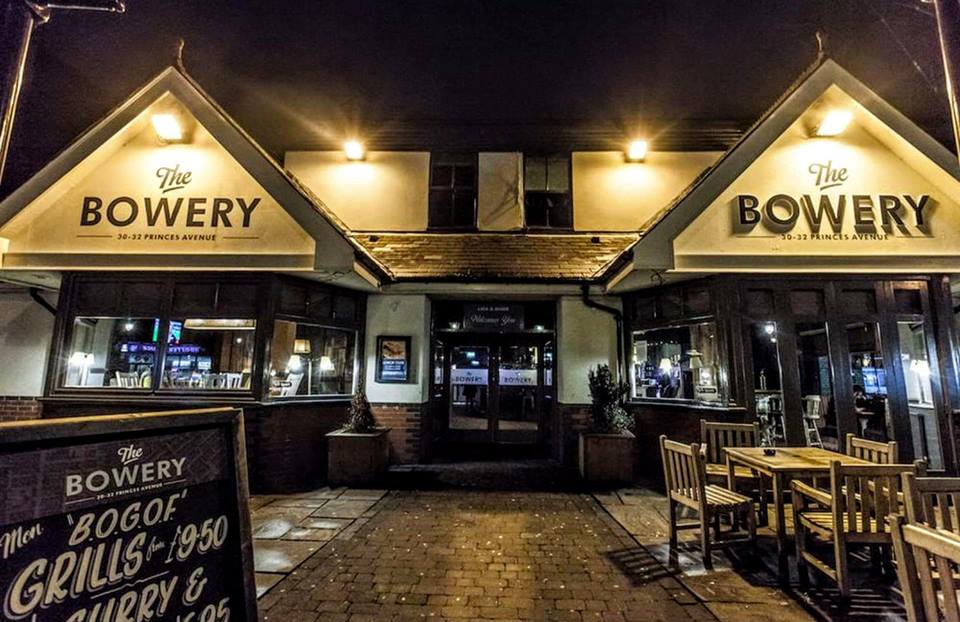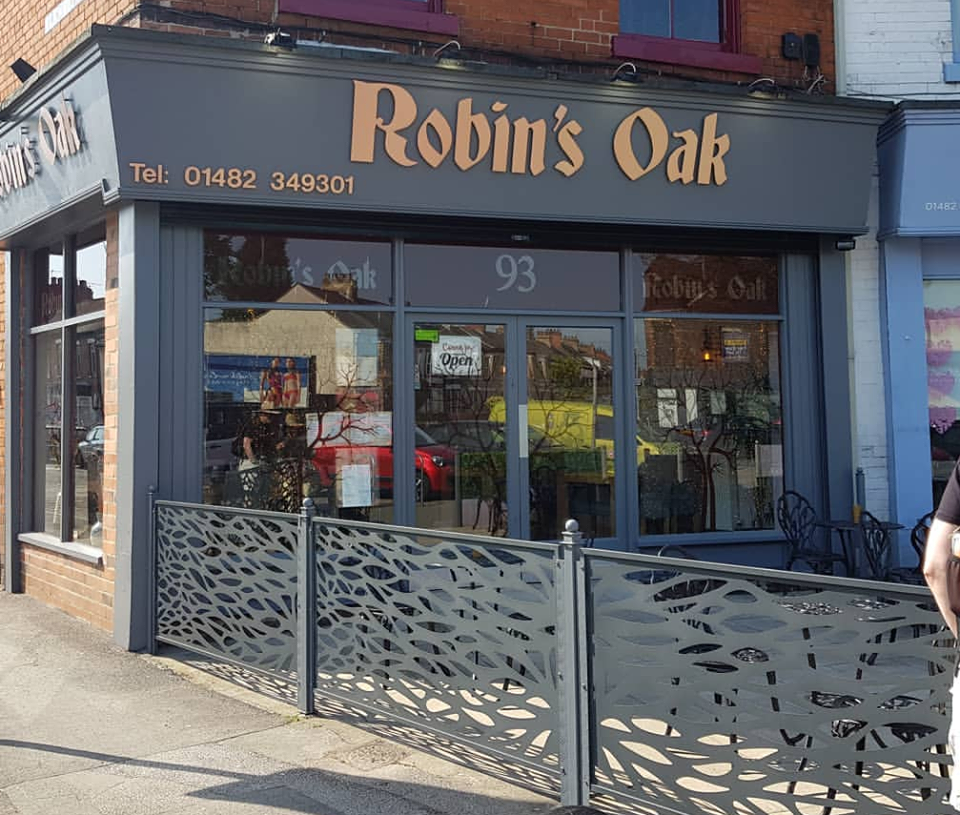Hull, best known as the home city of poet Philip Larkin, beat Leicester, Dundee and Swansea Bay to be named European City of Culture 2017.
The Yorkshire city was praised for showing a “real understanding” of what the title was about after submitting a bid around the theme “a city coming out of the shadows.”
The real story of Hull’s year as City of Culture is how it’s transformed the lives of the local people.
In May 2016, Brenda Sparks and her daughter Abbie Longley saw an ad for volunteers for Hull UK City of Culture in the Hull Daily Mail. “We fancied giving it a go,” she says. “Though we didn’t think for a minute we’d be picked.”
Nevertheless, they applied for it, and soon afterwards – somewhat to their amazement – they were invited to an interview, given uniforms to try on, given flyers/brochures, and photographed.
“We were so shocked that they wanted us. We thought they’d want someone more … professional, someone who knew what they were doing.”
How did being chosen make you feel? “Excited,” says Abbie. And it was catching. Now Abbie’s daughter, Lucy Nicole, wanted in, too. “I began to suffer badly from fear of missing out,” she says. “When they went to KCOM Stadium to do a lap in their uniforms to hand out flags, I was jealous. So I signed on as part of wave two.”
Abbie and Lucy, who are both shop assistants, have always been keen theatregoers, though as Abbie notes, this wasn’t something she grew up with.
“We were a working-class family,” she says. “We went to museums- they were free. But the theatre was too expensive.” Brenda, though, worked as a cleaner until her retirement, for which reason it is fair to say that it is on her that the last year has had the most transformative effect.
“I’m 72,” she says. “I looked after my children, and helped out with my grandchildren, I looked after my mum, who suffered from dementia. I worked at Hull University for 46 years, until I was 68. So when this came along, I thought ‘right, I’m going to do something for myself’. Someone said to me: ‘You’re doing it for the people of Hull, not yourself,’ which is true, in a way. But oh, it has brought me out of my shell. When I was a child, art was just a picture on the wall. Now I go to Humber Street Gallery every week, and I love it.”
Once 2017 arrived, every day was an opportunity. “We rarely get to volunteer for the same event,” says Abbie. “But that’s great because afterward, we pool in the information, telling each other what’s worth seeing. It’s costing us a fortune.” They have amazed themselves with things they’ve wanted to try. For instance: opera. “I was a meeter and greeter at a 45-minute taster session Opera North held at the University,” says Lucy. “And I liked it so much, I booked tickets for us to see L’Enfant.”
Pop superstars and world-class dancers are just a few of the highlights of City of culture that wowed the trio. The highlights seem endless. There have been more than 2,000 events, exhibitions, and cultural activities at more than 250 venues. The year has won over most of those who didn’t think the words “Hull” and “Culture” belonged in the same sentence, as well as helping the local economy and going some way to reinvent the city’s image.
Made in Hull was the highlight so far for Brenda, the opening event of 2017 set the bar so high. “I think it’s still to be beaten,” says Brenda. “We knew there was going to be light and sound spectacle telling the story of Hull, but I don’t think anyone had imagined it could be so powerful and emotional. The atmosphere in Queen Victoria Square was electric.”
Radio 1 Big Weekend & Academy is Lucy’s biggest highlight so far. After the terrible events in Manchester, there was a chance that this wouldn’t go ahead. But the Big Weekend brought together champions of music in such a difficult time.
“It was simply incredible to have global pop stars right on our doorstep,” says Lucy. “Katy Perry astonished me and I don’t think I’ve ever been at a gig where everyone seemed so united. It was only days after the Manchester bombing, and when she asked everyone in the crowd to touch the person next to them, people joined arms and sang along, including the police officers right behind us. Incredibly moving.”
Freedom Festival has been an event held in the city for a few years but the meaning behind Freedom Festival had pretty much been lost. Until this year, different themes of freedom were back at the heart of the performances, debate, and discussions. Therefore making it Abbie’s highlight so far.
Abbie says: “The essence of the festival had found its way back home, bringing it colourful street performances and crowded streets over the weekend.”
One of the biggest successes of the festival has been, in their minds, Back to Ours, a series of events designed to spread culture outwards from the city centre, taking over shopping centres, housing estates, schools, and gyms. “Black Grape played in front of an Iceland supermarket, and Badly Drawn Boy was at the Freedom Centre on Preston Road,” says Brenda. “And much has been cheap or even free,” says Abbie. “In the summer, people would spend all day with their kiddies playing in the new fountains outside City Hall. They’d bring packed lunches.” What you give, you get back. Hull has shown its citizens a measure of kindness and devotion, and as result, they’re loving it right back.



